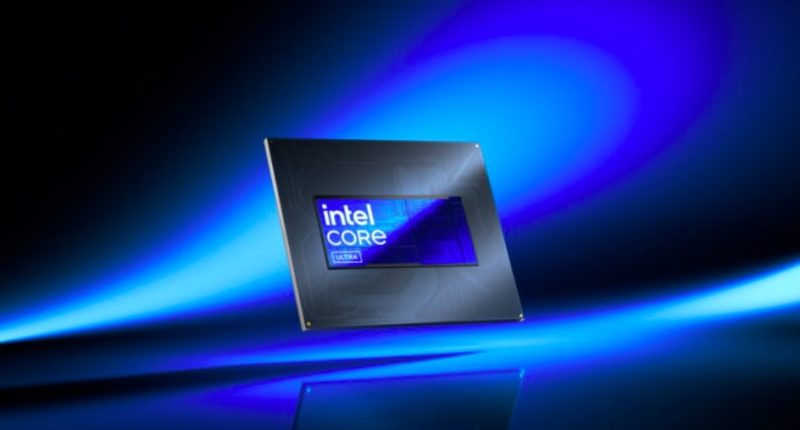A new WSJ report is now suggesting, that Broadcom Inc. and Taiwan Semiconductor Manufacturing Co. (TSMC) are now exploring deals that could result in Intel Corp. being divided into separate entities. Broadcom has held informal discussions with its advisors about making a bid for Intel’s chip-design and marketing business, though no formal offer has been made. Meanwhile, TSMC is reportedly in early talks about acquiring a controlling stake in Intel’s semiconductor fabrication plants as well.
Broadcom has been a major player in the semiconductor and networking industries for years, and reports state that it has an eye on Intel’s chip-design and marketing business. If the deal moves forward, it would mark a shift for Broadcom, which has historically focused on communications and networking semiconductors, rather than x86 chip architecture. The catch is that unlike AMD (which designs but does not manufacture its chips). Intel has long been both a designer and fabricator of its semiconductors.
This means that if Broadcom were to acquire Intel’s design division, it would require a separate buyer or a partner to take over Intel’s manufacturing business, as Broadcom itself does not own fabrication facilities. The Wall Street Journal notes that Broadcom has not yet submitted any formal bid.
Similarly, TSMC – the world’s largest contract chipmaker – is now (reportedly) considering a possible acquisition of Intel’s chip fabrication facilities. According to reports, TSMC’s interest in Intel’s factories was encouraged by the Trump administration, which has been seeking to strengthen domestic semiconductor production and maintain the dominance of the US in key tech sectors.
TSMC’s semiconductor production capabilities have given it an edge over its competitors, allowing it to outpace Intel in cutting-edge chip manufacturing, with clients such as Apple, Nvidia, and AMD relying on TSMC’s facilities for high-performance semiconductor production. The acquisition of Intel’s fabrication plants could help in this regard, and could potentially help TSMC expand its global manufacturing footprint. The catch is the involvement of the US government – a White House official has stated that while the administration supports foreign investment in the U.S., it is unlikely to endorse a deal that would place Intel’s factories under foreign control.
As for Intel, it has come a long way from the days when it was considered the undisputed leader in the semiconductor industry. Other companies have gained ground over the years to increase competition in the sector, and TSMC’s ability to produce smaller, more efficient chips has allowed it to secure a dominant position, while Intel has fallen behind in advancing its manufacturing nodes. As a result, AMD, which outsources production to TSMC, has gained market share, especially in the server and personal computing segments. As a result, Intel saw its stock price drop by 60% last year as a result of capital-intensive manufacturing investments that failed to deliver the anticipated returns. In response, Intel cut approximately 15% of its workforce in an effort to reduce costs.
The Tech Portal is published by Blue Box Media Private Limited. Our investors have no influence over our reporting. Read our full Ownership and Funding Disclosure →






